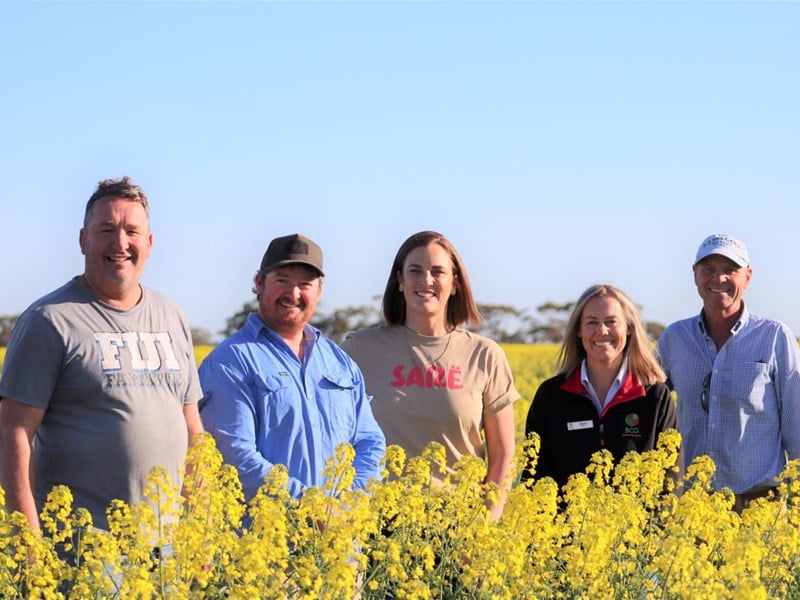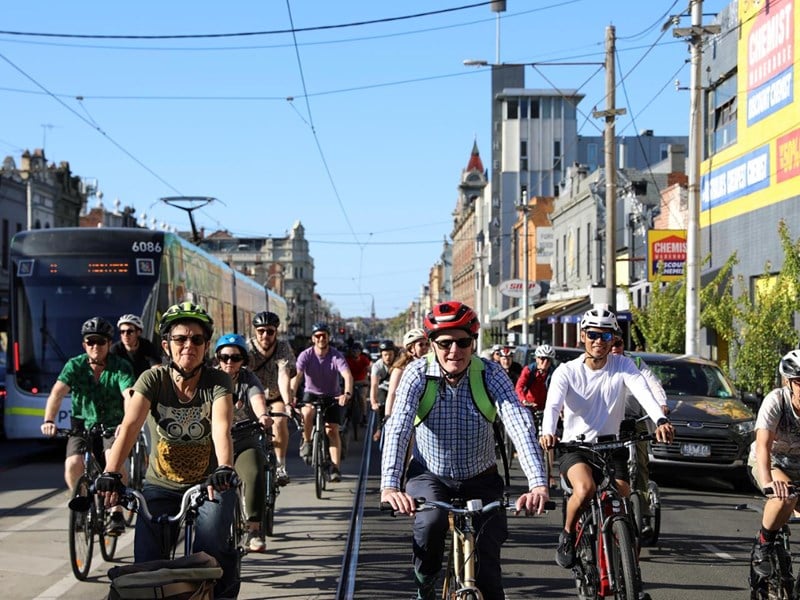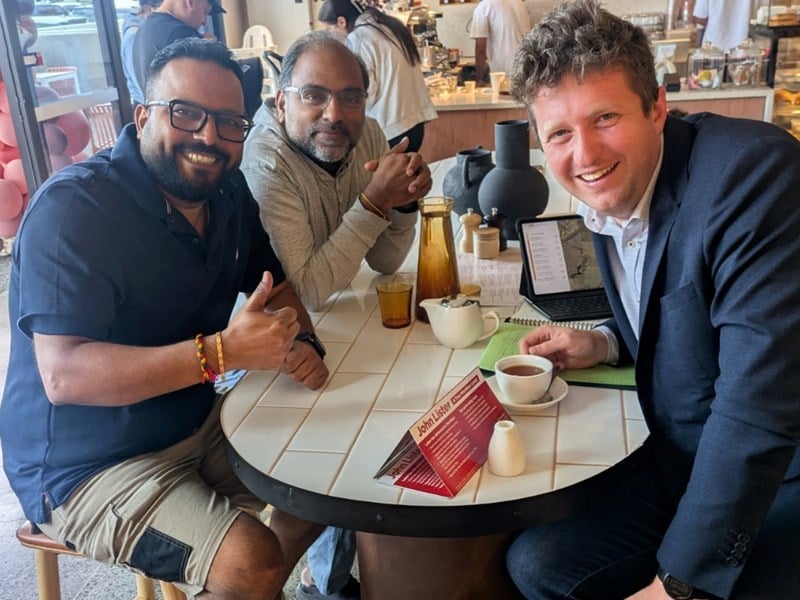Amplifying local voices
10 October 2025

While politicians have the final say in passing legislation, communities can play a crucial role in shaping the process through various forms of engagement.
In Victoria, that can mean writing to a local MP, launching a petition or joining a public demonstration to ensure local voices are heard.
Jade Benham, Nationals Member for Mildura, thinks the easiest way to influence legislation is to get involved directly in politics. She encourages people to join political parties to help shape policy from within.
‘The way to really influence policy and to change the world is to join a party,’ Benham said.
‘My dad always said, “Jade, if you’re going to whinge about something, you better be prepared to do something about it.” So I decided to do something.’

For those who don’t wish to engage through party politics, petitions remain one of the most accessible ways for Victorians to place an issue on parliament’s agenda.
Every petition is read out in its respective chamber, with 108 petitions presented across both houses of parliament in 2024. The Legislative Council has an additional feature whereby e-petitions with at least 10,000 signatures, or paper petitions with at least 2,000 signatures, qualify for a debate.
In the Legislative Assembly, Greens MP for Brunswick, Tim Read, thinks the process often stops short of meaningful action.
‘I’d like to see petitions given more weight. At the moment, in the lower house, a petition is just read out in parliament and that’s it,’ he said.
Read points to other countries where citizens can trigger a referendum or even draft legislation themselves.
‘Some countries allow citizens to initiate legislation by popular vote. There are definitely systems elsewhere we could adopt that would give citizens greater rights to make legal changes,’ he said.
‘Victorians have a lot of opportunities to comment on legislation – they just don’t use them enough.’

Submissions to parliamentary committees, attending public hearings and participating in community consultations are other tools that can be used to directly influence decision-making.
Read agrees that speaking to your local representative is the best chance to ensure your voice is heard.
‘There must be thousands of little issues that I never hear about, and some I do, and I think they’re both worth acting on.’
John Lister has taken a proactive approach to hearing his constituents’ concerns. The Labor Member for Werribee, elected earlier this year, has introduced what he calls ‘constituency cafes’.
This initiative, as well as community barbecues and ‘chai in the park’, allow him to meet a diverse range of people in his electorate.
‘I have no qualms about shouting people a coffee, because everyone who comes to me generally wants to see the best for the community and I want to support them,’ Lister said.
‘We’re organising to run a series of community panels for different parts of my electorate to talk about key issues and how we can bring in policy, find funding or legislate for those different things.’

At the state level, one issue already sparking strong debate is the recently passed National Electricity (Victoria) Amendment (VicGrid Stage 2 Reform) Bill 2025. The bill grants VicGrid greater control over renewable energy planning, funding, compensation and land access, aiming to accelerate the state’s energy transition.
Lister believes moving to renewable energy is an important step for the future of Victoria.
‘Transitioning to more renewable energy sources is not just good economically now, but it’s also good for our future,’ he said.
‘We know that we can’t continue to have fossil fuels as our main fuel for energy because it will cause irreplaceable and irreversible climate change effects.
‘I’d encourage people to look not only at what they’re doing personally, but what we can do as a community - through things like community battery schemes and local renewable energy projects - to make our energy mix more reliable.’
Benham recognises the complexity of representing communities with divided opinions, especially regarding renewable energy projects.
‘There are always two sides to every story; it doesn’t matter how flat you make a pancake, there’s always two sides.’
As the community’s elected representative, Benham considers her opinion on something ‘actually doesn’t matter’.
‘I have to find the facts first and then find the neutral ground that will be of most benefit to the largest part of the community,’ she said.
‘The biggest mistake I think any politician or representative can make is to jump on the side of the loudest echo chamber without looking at the other side of the story.’
Despite these challenges, she encourages Victorians to take advantage of the many avenues to engage with their local members.
‘There’s plenty of opportunity, whether or not people actually take it up, that’s up to the individual.’
For Read, weighing the benefits and drawbacks of legislation is a critical part of his role.
‘You have to balance the negatives of renewable energy infrastructure with the negatives of not acting as fast as possible to get us off coal,’ he said.
‘The negatives of inaction will have a terrible impact on country Victoria.’
As for Benham, she thinks the best way to hear about issues and concerns is to visit those directly affected.
‘The only way to know how communities are actually feeling about an issue is to get into those communities and talk to people.’
Lister believes the onus falls on members of parliament to ensure they are representing the views of their communities when debating legislation.
‘It’s incumbent upon members of parliament to continue to reach out and get as many voices in that process as we can,’ he said.
‘I’m not here as John Lister, the individual. I’m here as the voice for the entire community that voted for me.’
About the Author

Blake Lee
A participant in the Parliament Express program conducted by the Parliament of Victoria in partnership with Express Media. The program provided mentoring and engagement experiences, leading to a series of articles written by young Victorians for the Victorian Parliament's website.